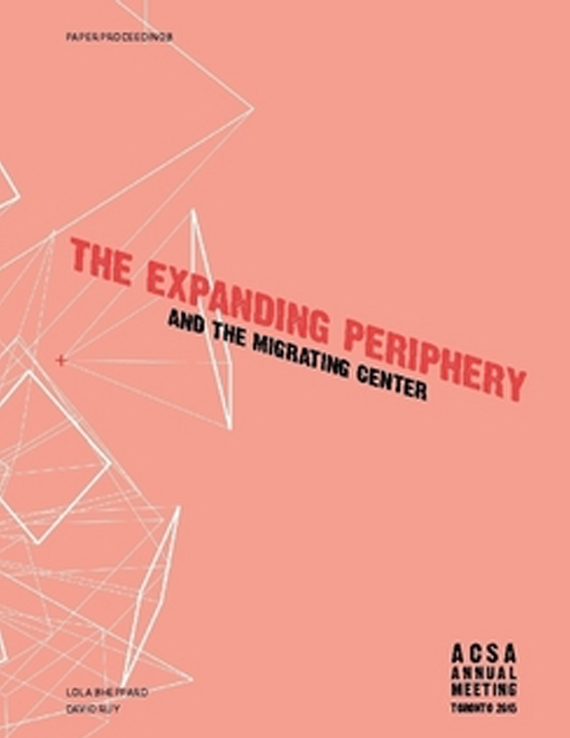Author(s): Christine Abbott & Justin Scherma
The practice of learning-from posits that there are alternative models already present in the world for official architectural culture to derive value from, a tendency we can track back at least as far as the CIAM-Alger group’s decentering discovery of design worth advocating for in North Africa. Marot defines learning-from as a “site specific manifesto” wherein architects become “apologists for specific places…viewed as holding the keys to an alternative way of approaching urban design.” We also discern, however, a larger struggle inherent in the works of learning-from, one that departs from the straightforward consideration of alternative models, and is suggested by Marot’s use of the word “apologist.” For truly alternative architectures come with alternative models of ethics that have made their building processes possible – a lack of zoning and codes, of decorum, of tradition, of familiar judgments and programmatic imperatives. The learning-from text generally seeks to explain, justify, and transmit a cultural affective bonding that has already taken place in the designer, questioning and displacing an existing moral contract with architectural culture. That is, as these designers communicate the fitness of their chosen city, they must negotiate a moral disconnect – for official architectural culture has already dictated the moral necessities of practice and many of their accompanying forms.To examine how such designers negotiate this divide, we turn to the discipline of rhetoric. Rhetoric’s function is to secure agreement in contested spaces, spurring action and consideration by shifting the terms of debate. It operates variously by marshalling data, shifting connotation, or simply eliding inconvenient facts. Where dialectical reasoning cannot be depended on, particularly in the emotionally-charged dimension of ethics, rhetoric may help forge understandingHere, we present learning-from projects as models of rhetorical negotiation with architecture culture’s interwoven impulses toward continual formal revolution and normative ethical practice. We focus on three such books as examples of distinct versions of this problem: Learning from Las Vegas, which puts aside the moral imperative, Delirious New York, which discards the moral imperative, and Urban Diaries, which wrestles with the moral imperative. From there, we trace each tendency to recent projects, to discuss the evolving fortunes of these strategies in contemporary practice. This investigation reveals an emerging responsibility to public good in some recent learning-from work.
Volume Editors
David Ruy & Lola Sheppard
ISBN
978-0-935502-95-4

 Study Architecture
Study Architecture  ProPEL
ProPEL 
